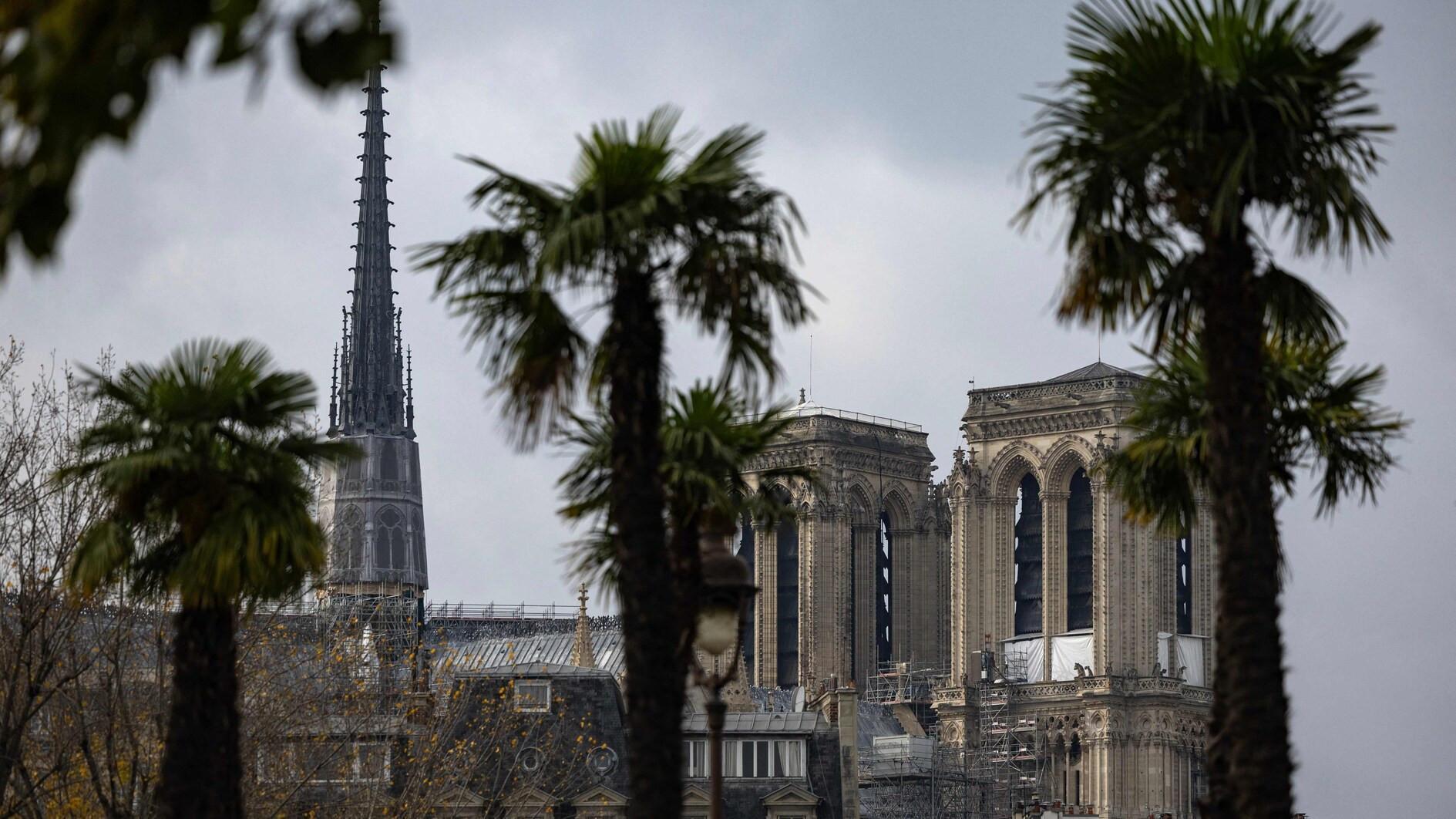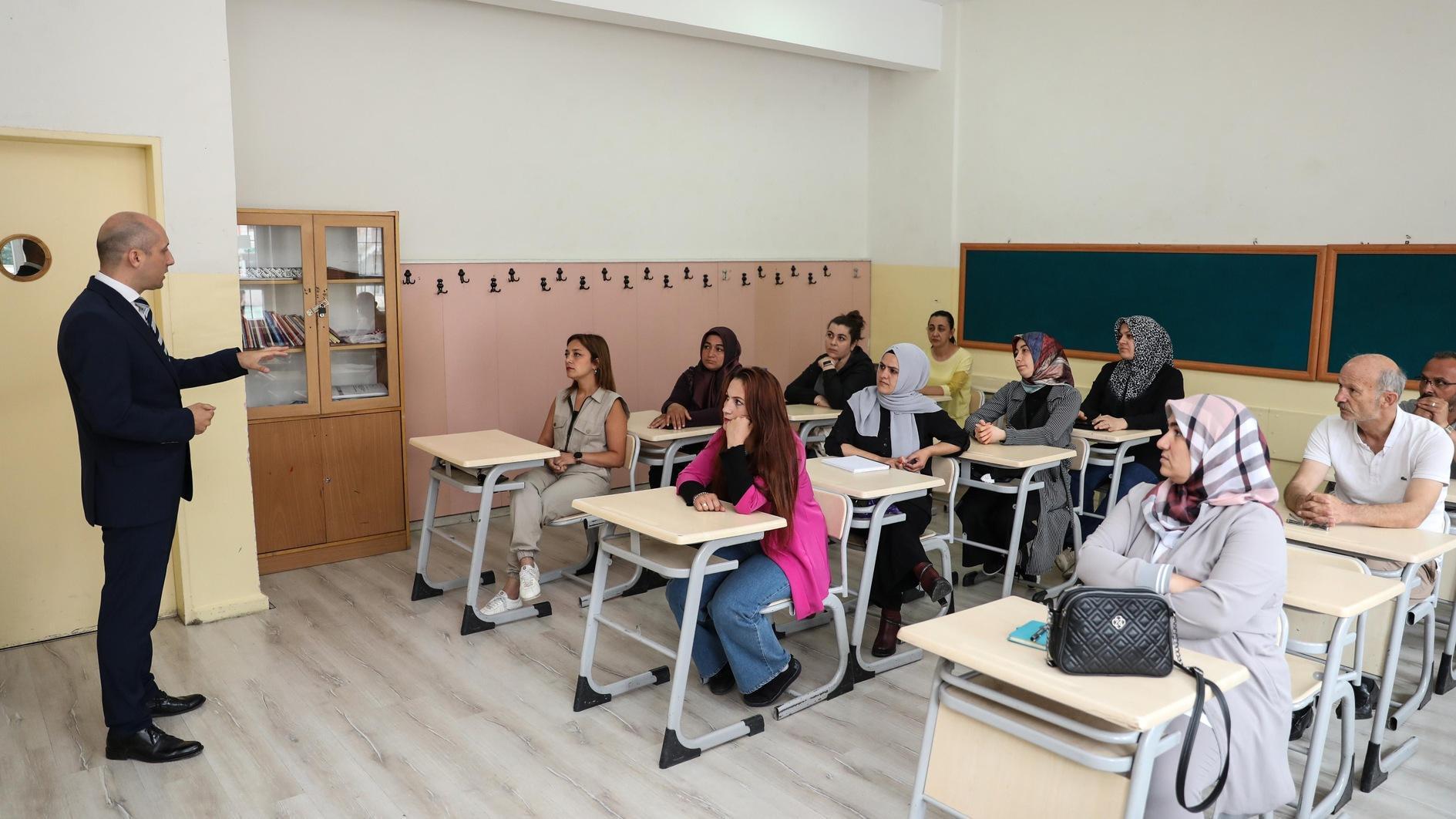Turkey’s totally failed Middle East policy
President Recep Tayyip Erdoğan is putting on a brave face and saying that Turkey has alternatives to Russia, both in terms of trade and energy supplies, not to mention the millions of Russian tourists who will most likely refuse to come to Turkey now.
“Who cares if they buy from us or not, other doors will open to us, as they already are,” Erdoğan said defiantly after Turkey downed the Russian jet and destroyed the delicately poised relationship between Ankara and Moscow.
Market analysts and energy experts, however, are not so sure that the confidence Erdoğan is trying to project is justified. Whether they are vegetable farmers or contractors, Turks who are engaged in some form of business with Russia, for their part, are in a state of near-panic as a result of the crisis in Turkish-Russian ties. One only has to read what they are saying to the Turkish press to see this.
Meanwhile the pro-government media is full of reports about how Ankara is successfully establishing alternative energy sources to Russia, especially from Azerbaijan and Qatar, but analysts say will these will take time to secure and will not meet Turkey’s requirements even when they have been secured.
Let us assume for a moment, however, that Erdoğan is right, and that Turkey will easily overcome the problems resulting from the crisis in ties with Russia. One has to question then why the government did not have the strategic foresight to establish these links in the past, rather than putting all its eggs in the Russian basket.
Despite the vast economic interests between the two countries, Ankara and Moscow have rarely been on the same page politically in terms of many international issues. They were always at odds over the Cyprus issue, for example, which is a national cause for Turkey. Recently the two countries have been in deep disagreement over sensitive issues like Crimea and Syria.
A sensible foreign policy would have been to reduce Turkey’s dependence on Russia, which supplies no less than 54 percent of its natural gas, and to diversify its export markets given that the political problems between the two countries had the potential to boil over.
Previous governments, including the Justice and Development Party (AKP) for quite some time, ensured that relations with Moscow were kept relatively well, regardless of political differences, because it was clear that things were never as simple as Erdoğan is trying to make them look now.
Blinded by their limited understanding of foreign policy and regional calculations grounded on their Islamist/Sunni outlook, Erdoğan and Prime Minister Ahmet Davutoğlu walked into traps they set internationally, by quixotically chasing after pipe-dreams, not the least of which was the assumption that Turkey was a natural leader for the Middle East.
Today, though, Turkey has no ties with Israel, no ties to speak of with Egypt, has alienated Iran and - as the last verbal sparring between Ankara and Baghdad over Turkey’s deployment of troops north of Mosul shows - has strained ties with Iraq.
Until the AKP came to power Ankara also had a policy based on non-interference in the internal affairs of other countries, let alone working for regime change in other countries. Erdoğan and Davutoğlu pulled all that down, arguing that Ankara’s past foreign policy was based on a “servile” understanding of Turkey’s regional capacities.
They ended up “poking out an eye while trying to trim an eyelash,” as the Turkish saying goes. It soon became apparent that they never understood the basic dynamics of this part of the world and how the region views Turkey.
Having set out to reduce Turkey’s “servility,” they increased Ankara’s dependence on outside support for its security from regional threats. They also left Turkey hanging on the coattails of other powers in an effort to regain some of its lost regional influence.
All of this points to one thing: A totally failed Middle East policy.











